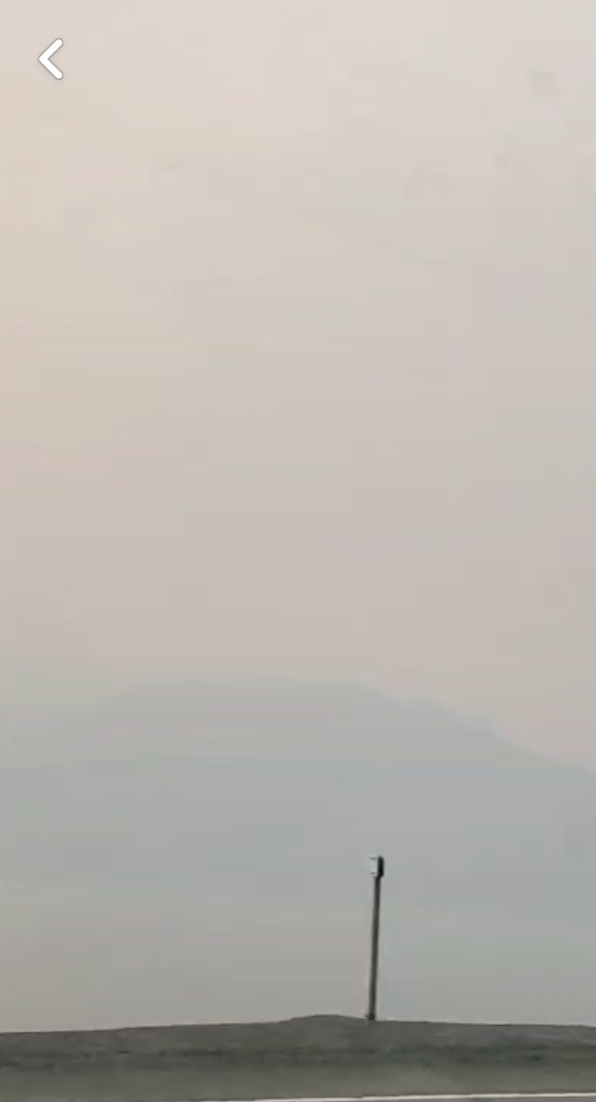100 Mile House is expected to be impacted by smoke, from the forest fires, for the next 24-48 hours.
The Ministry of Environment and Climate Change Strategy issued a smoky skies bulletin.
They want to remind people that smoke can be a harmful substance to their health and what to do during smokey conditions.
- Stop or reduce your activity level if breathing becomes uncomfortable or you feel unwell.
- Stay cool and drink plenty of fluids.
- If you have asthma or other chronic illness, carry any rescue medications with you at all times and activate your personal care plan that has been assigned with your family physician.
- Make sure that children and others who cannot care for themselves follow the same advice.
Ministry of Environment and Climate Change Strategy wants people to monitor their symptoms as many respond differently to smoke.
- Mild irritation and discomfort are common and usually disappear when the smoke clears.
- Exposure to wildfire smoke and the virus COVID-19 can both result in respiratory symptoms such as dry cough, sore throat, or difficulty breathing. Use the BC COVID-19 Self-Assessment Tool to help determine if you should go for testing for COVID.
- If you are experiencing difficulty in breathing, chest pain or discomfort, or severe cough, contact your healthcare provider, walk-in clinic, or emergency department. If you are having a medical emergency, call 9-1-1.
There are ways to help reduce exposure to the smoke, which include:
- Smoke levels may be lower indoors but will still be elevated, so stay aware of your symptoms even indoors.
- Running a commercially available HEPA (high-efficiency particulate air) filter can improve indoor air quality in the room.
- If you have a forced-air heating/cooling system in your home, it may help change the filter and set the fan to run continuously.
- Reduce indoor air pollution sources such as smoking, burning incense, and frying foods.
- If traveling in a car with air condition, keep the windows up and the ventilation set to recirculate.
- If sensitive to smoke, consider moving to another location with cleaner air, but be aware that conditions can change rapidly.
- Maintaining overall health is a good way to prevent health effects resulting from short-term exposure to air pollution.
For more information on wildfire smoke and air quality, you can visit http://www.env.gov.bc.ca/epd/bcairquality/data/aqhi-table.html
Something going on in the Cariboo you think people should know about?
Send us a news tip by emailing [email protected].








